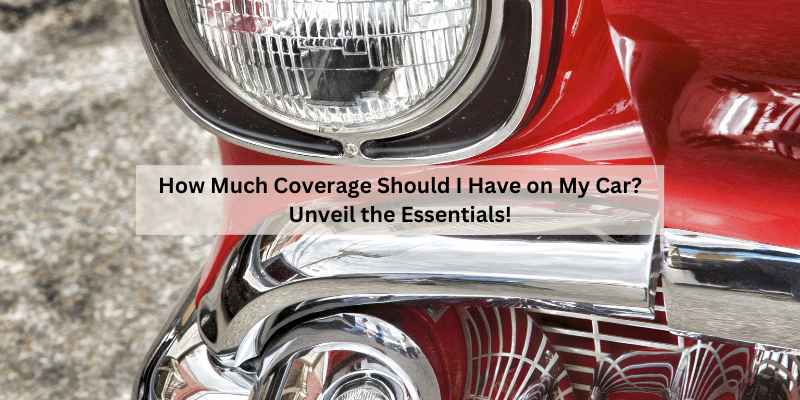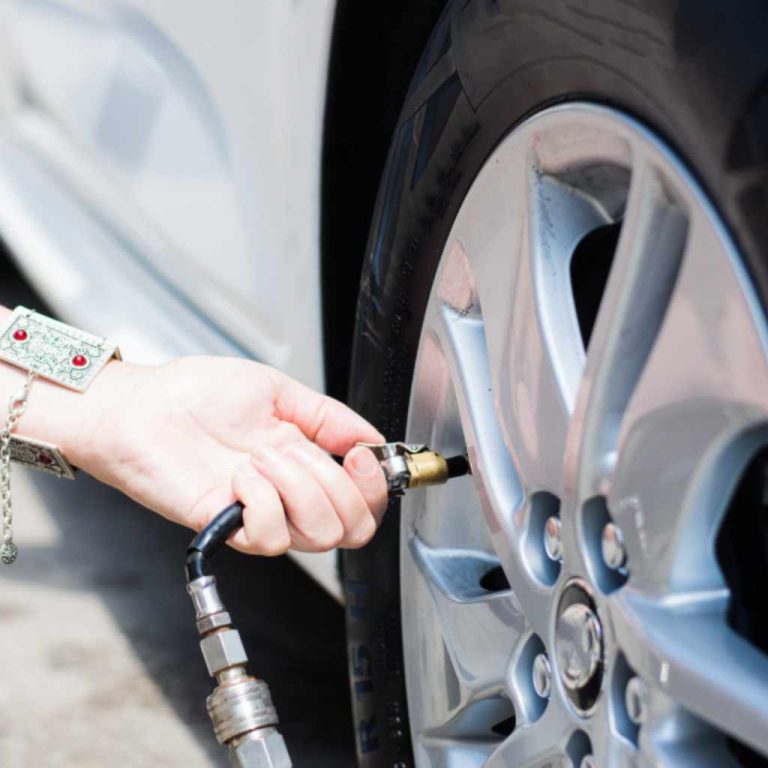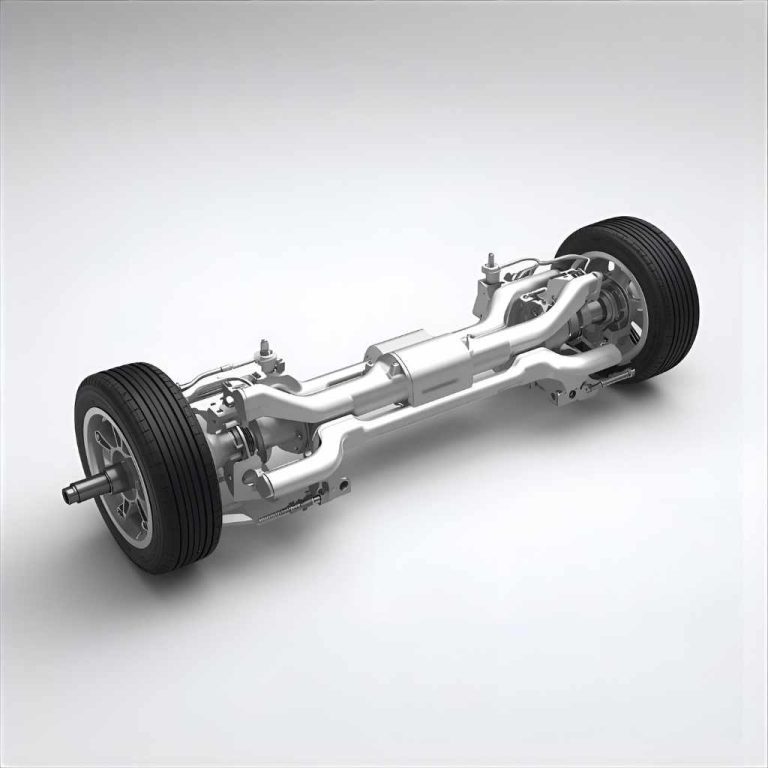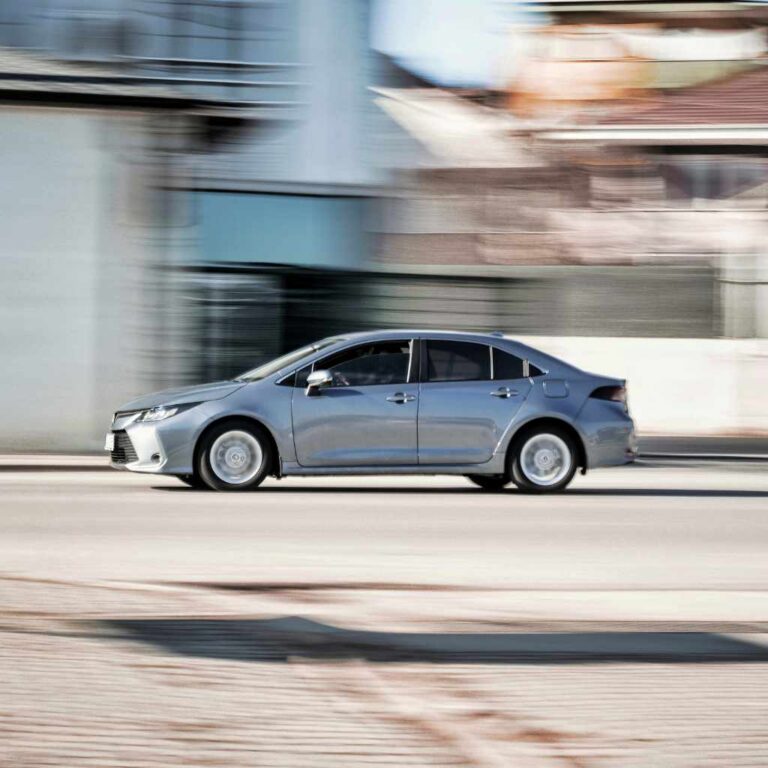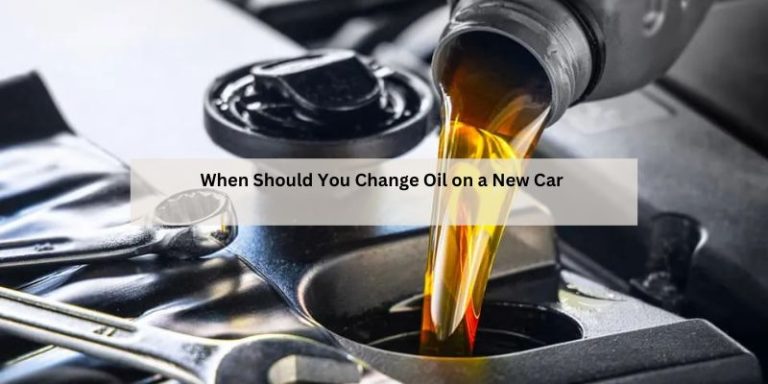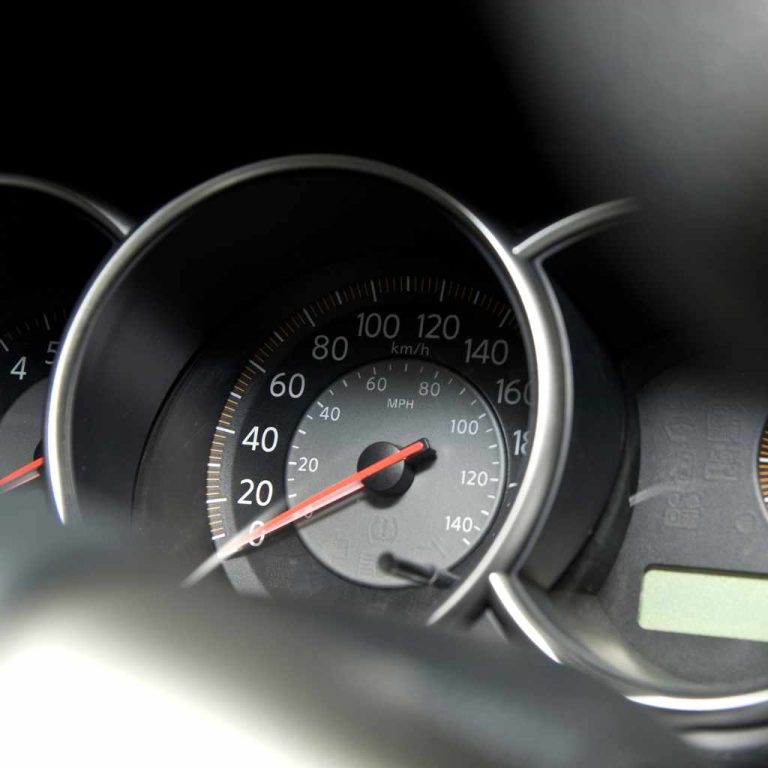How Much Coverage Should I Have on My Car? Unveil the Essentials!
The amount of coverage you should have on your car depends on your vehicle’s value and your financial situation. A general rule is to have enough liability coverage to meet state minimums and consider additional protection based on your needs.
Choosing the right amount of car insurance coverage can feel overwhelming. Many factors come into play, such as your budget, the value of your vehicle, and your personal risk tolerance. State requirements vary, but it’s wise to consider more than just minimum coverage.
Think about potential accidents, repairs, and medical costs that could arise. Evaluating your lifestyle and driving habits will help you make informed choices. Balancing adequate protection with affordability is essential for peace of mind on the road.
Introduction To Car Insurance Coverage
Understanding car insurance coverage is very important. Adequate coverage protects you from financial loss. It helps cover damages in accidents, thefts, and natural disasters.
Choosing the right amount of coverage depends on your needs. Consider factors like your car’s value and your driving habits. State laws may require specific minimum coverage levels.
Liability coverage pays for damages you cause to others. Collision coverage helps pay for your car repairs after an accident. Comprehensive coverage protects against non-collision events like theft.
Having enough coverage gives peace of mind. It ensures you can handle unexpected costs. Review your policy regularly to make sure it meets your needs.
Legal Requirements
Every state has its own minimum coverage requirements. This means you must know your state’s laws. Failing to meet these requirements can lead to fines or penalties. Also, driving without enough coverage may risk your financial future.
| State | Minimum Liability Coverage |
|---|---|
| California | $15,000/$30,000 |
| Texas | $30,000/$60,000 |
| Florida | $10,000 |
| New York | $25,000/$50,000 |
Insufficient coverage can lead to serious consequences. You might face high out-of-pocket costs after an accident. Your credit score may drop if bills remain unpaid. This can affect your ability to get loans or mortgages.
Types Of Car Insurance
Liability insurance is a must-have for every driver. It covers damages to others if you cause an accident. This type helps pay for medical bills and car repairs for other people.
Collision coverage pays for your car repairs after an accident. It covers damages from hitting another car or object. Having this protection is crucial for keeping your vehicle in good shape.
Comprehensive coverage protects against non-collision events. This includes theft, vandalism, or natural disasters. It ensures that your car is safe from many unexpected problems.
Personal Factors Influencing Coverage Needs
Assessing your risk profile is crucial for determining coverage needs. Factors like driving history and age can affect your premiums. A clean driving record often leads to lower costs. Young drivers may face higher rates due to their inexperience.
The type of vehicle also plays a significant role. Luxury cars usually require more coverage. They often have higher repair costs and theft risks. Sports cars may attract more accidents, increasing premiums. On the other hand, older or economical cars can lower your insurance costs.
| Vehicle Type | Coverage Needs |
|---|---|
| Luxury Car | Higher coverage required |
| Sports Car | Increased premiums |
| Economical Car | Lower coverage needed |
| Older Car | Minimal coverage often sufficient |
Financial Considerations
Choosing the right coverage for your car involves important financial decisions. You need to balance the cost of premiums with the protection you receive. A higher premium often means better coverage. However, this can strain your budget.
Deductibles are another key factor. A deductible is the amount you pay before insurance kicks in. Higher deductibles usually lower your premium. This can save money if you don’t make many claims.
Finding the right balance is crucial. Think about your driving habits and financial situation. Assess how much risk you can afford. This will help you choose the best car coverage for your needs.
Additional Coverage Options
Uninsured Motorist Protection covers you if an at-fault driver has no insurance. This option is crucial, as it helps you avoid high costs. It can also cover medical bills and lost wages.
Roadside Assistance is another excellent choice. It offers help if your car breaks down. Services include towing, tire changes, and fuel delivery. This protection provides peace of mind during long trips.
Some policies include extras like rental car coverage. This option helps you rent a car when yours is in the shop. Always check your policy for available add-ons.
Assessing Insurance Providers
Choosing the right insurance provider is very important. Researching insurer reliability helps you make a smart decision. Check online reviews from other customers. Look for companies with good ratings and strong financial health. Compare quotes from different insurers to find the best price. A lower cost doesn’t always mean better coverage.
Make sure to read the policy details carefully. Some companies offer discounts for safe driving or multiple policies. Pay attention to customer service ratings as well. Good support can save you time and stress later.
| Insurer | Rating | Quote | Customer Service |
|---|---|---|---|
| Insurer A | 4.5/5 | $1,200 | Excellent |
| Insurer B | 4.0/5 | $1,000 | Good |
| Insurer C | 3.5/5 | $950 | Fair |
Making The Final Decision
Evaluating your coverage is important for your financial safety. Check your policy every year. Changes in your life can affect your needs. For instance, moving to a new area may require more coverage.
Consulting with insurance experts can provide valuable insights. They can help you understand your options. Ask questions about what coverage suits your situation best. A professional can guide you through the details.
Consider your driving habits. More time on the road might mean higher risks. Evaluate your vehicle’s value too. A newer car may need more protection than an older one.
Conclusion: Securing Your Peace Of Mind
Choosing the right car insurance can be confusing. Adequate coverage offers peace of mind and financial security. Liability, collision, and comprehensive are key types of coverage. Each type protects you in different ways.
Liability coverage pays for damage you cause to others. Collision coverage helps with repairs to your car after an accident. Comprehensive coverage protects against theft, fire, and other damages. Knowing these can help you make informed choices.
Staying informed about your options is vital. Always review your policy and adjust it as needed. Regular checks ensure you have the coverage that fits your needs. Protecting yourself on the road is worth the effort.
Frequently Asked Questions
How Do I Determine My Car Insurance Needs?
To determine your car insurance needs, assess factors like your vehicle’s value, your driving habits, and your financial situation. Consider how much coverage you can afford and what risks you want to mitigate. Comparing quotes from different insurers can also help find the best fit for your needs.
What Is The Minimum Coverage Required By Law?
Minimum coverage varies by state, but most require liability insurance. This typically includes bodily injury and property damage coverage. Check your local laws to ensure compliance. Remember, minimum coverage may not protect you fully in an accident, so consider additional coverage for better protection.
Should I Get Full Coverage Or Liability Only?
Deciding between full coverage and liability depends on your situation. Full coverage protects against various risks, including theft and damage. Liability only is cheaper but offers limited protection. If your car is worth less, liability might suffice; otherwise, full coverage could be a safer choice.
How Does My Driving History Affect My Coverage?
Your driving history significantly impacts your insurance premiums. A clean record often leads to lower rates, while accidents and violations can increase costs. Insurers view your history as a risk indicator. Maintaining a good driving record is essential for keeping insurance costs manageable.
Conclusion
Determining the right amount of car coverage is essential for your peace of mind. Evaluate your vehicle’s value, driving habits, and local laws. Tailor your policy to fit your needs and budget. This careful consideration can protect you financially and ensure you’re prepared for any unexpected events on the road.

